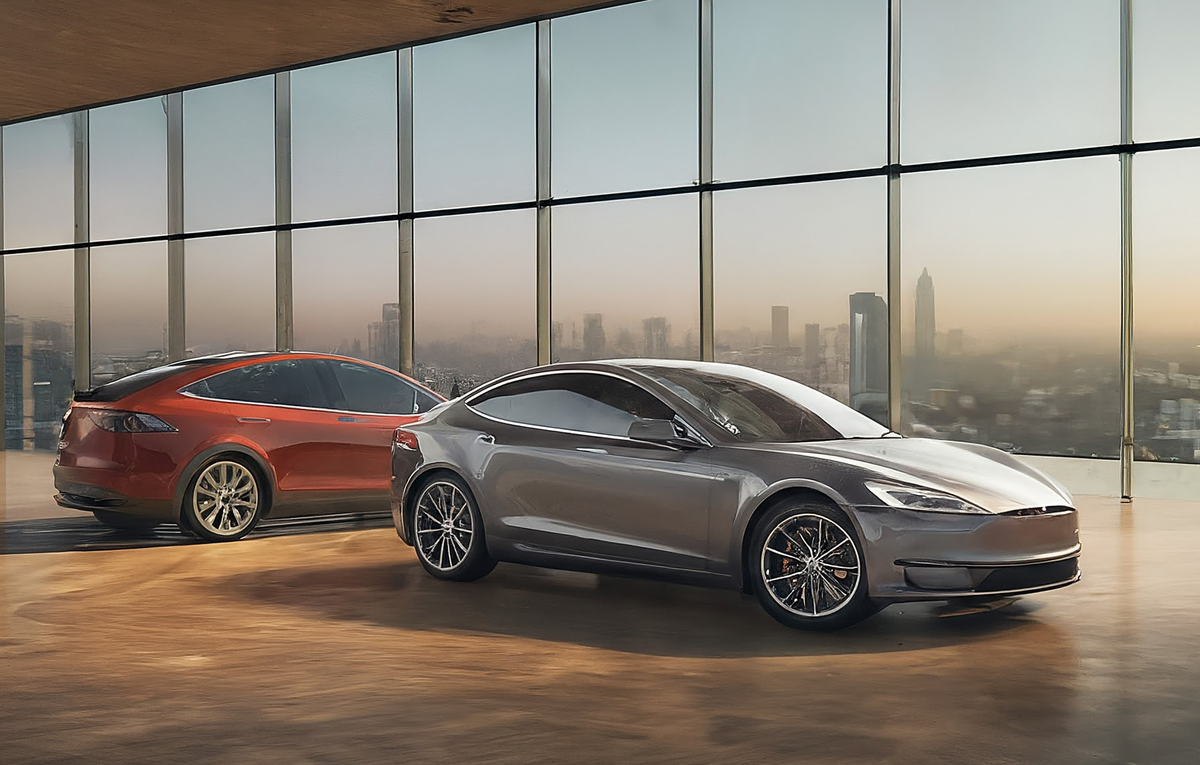Electric Revolution: India's Bold EV Strategy Revs Up as Tesla Prepares to Charge In

Tesla's Indian Market Entry: A Strategic Pathway Emerges
Elon Musk's electric vehicle giant Tesla is poised to explore the Indian automotive landscape through an innovative preliminary assessment strategy. The proposed arrangement offers foreign electric vehicle manufacturers a unique opportunity to evaluate the market's potential before committing substantial investments.
According to an Economic Times report, this groundbreaking approach would enable Tesla to gain critical insights into India's complex and dynamic automotive ecosystem. By providing a low-risk mechanism for market exploration, the strategy could potentially pave the way for more comprehensive future investments in one of the world's fastest-growing automotive markets.
The framework represents a strategic move that could benefit both international manufacturers and the Indian automotive sector, creating a mutually advantageous pathway for technological innovation and market expansion.

